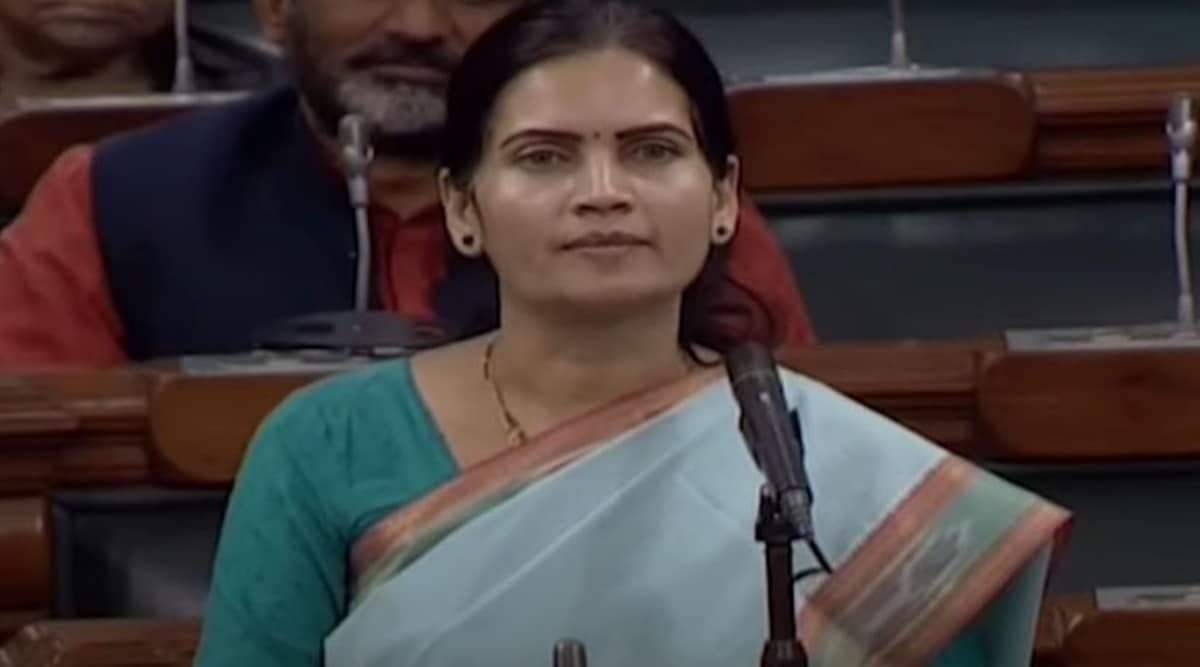Stay updated with the latest - Click here to follow us on Instagram
Govt not considering to bring two-child policy: MoS Health informs Lok Sabha
The minister's remarks assume significance as two BJP-ruled states—Uttar Pradesh and Assam—have proposed two-child policies in their respective states.
 Pawar, specifically, presented the data that the Total Fertility Rate (TFR) declined to 2.0 in 2019-21. (File Photo)
Pawar, specifically, presented the data that the Total Fertility Rate (TFR) declined to 2.0 in 2019-21. (File Photo)Responding to a question whether the government was considering to bring a two-child policy, Minister of State for Health Bharati Pravin Pawar on Friday informed the Lok Sabha that no such proposal was under consideration.
”No,” said Pawar while responding to the question raised by BJP MP Uday Pratap Singh.
BJP MP Uday P Singh: Whether the Government proposes to bring a two child policy?
MoS Health Bharati P Pawar: No@IndianExpress #PopulationControlBill pic.twitter.com/rFm9uiX72F
— Harikishan Sharma (@harikishan1) July 23, 2021
“International experience shows that any coercion or diktat to have a certain number of children is counter-productive and leads to demographic distortions like sex-selective abortions, abandonment of the female child, and even female infanticide to intense son preference,” she said in the written reply, adding that all this eventually resulted in a skewed sex ratio.
This assumes significance as two BJP-ruled states—Uttar Pradesh and Assam—have proposed two-child policies in their respective states.
Pawar added that states like Kerala, Tamil Nadu, West Bengal, Andhra Pradesh, and other states/UTs have succeeded in reducing the fertility rate by adopting a holistic approach towards family planning without resorting to any stringent population control measures.
Also, the Programme of Action of the International Conference on Population and Development, Cairo, 1994, to which India is a signatory, unequivocally opposes coercion in family planning, Pawar said.
The minister also stated that the National Family Planning Programme (NFPP) implemented by the government, which provides voluntary and informed choices to citizens without any discrimination through a target free approach, is aimed at checking population growth.
Various services provided under NFPP include Mission Parivar Vikas, expanded contraceptive choices, compensation scheme for sterilization acceptors, post-partum intrauterine contraceptive device incentive scheme, scheme for home delivery of contraceptives by ASHAs, scheme for pregnancy testing kits in the drug kits of ASHA and family planning logistics management information system.
With these initiatives, the total fertility rate has declined from 2.7 per cent in 2005-06 to 2.2 per cent in 2015-16, she added.







